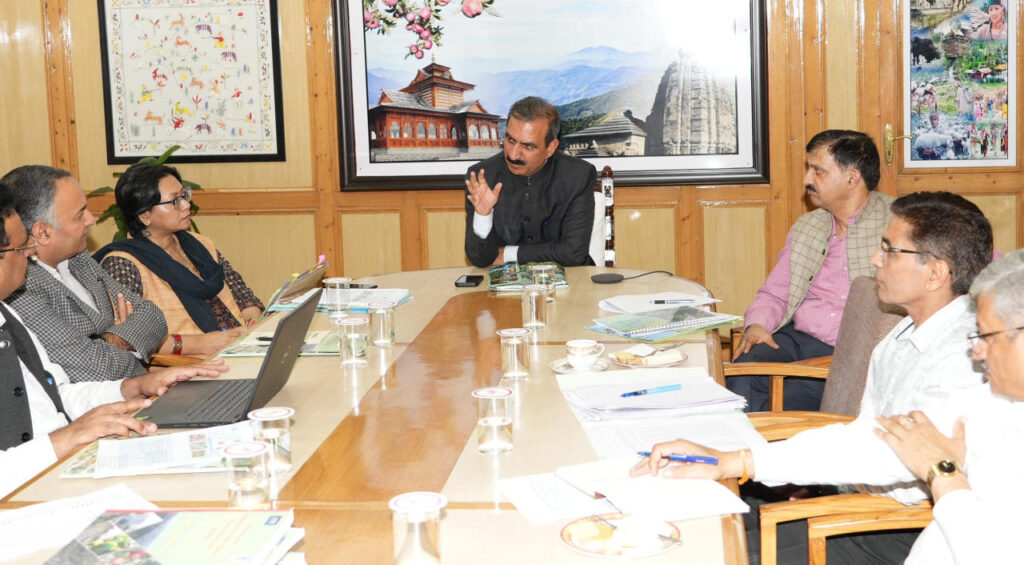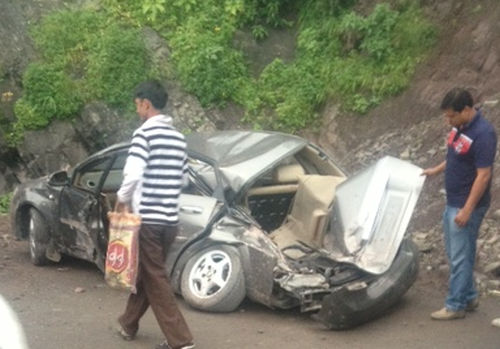Himachal Pradesh is set to become the first state in India to formulate a Horticulture Policy, aimed at boosting the state’s horticultural produce and transforming it into the “fruit bowl of India.” This was announced by Chief Minister Sukhvinder Singh Sukhu during a review meeting of the H.P. Shiva Project in Shimla.
The Chief Minister revealed that a Rs. 1,292 crore project under this policy will cover 6,000 hectares across seven districts of the state. He emphasized the importance of intercropping, where saplings of guava, citrus fruits, pomegranate, dragon fruit, blueberry, and jackfruit will be planted in two phases. Sukhu highlighted that the inclusion of small and marginal farmers in this initiative will help strengthen their economy, which remains a priority for the state government.
“We are focusing on strengthening the rural economy, and horticulture can play a transformative role in improving the livelihoods of the farming community,” Sukhu said.
Under this project, 60 lakh fruit saplings will be planted by 2028, covering 6,000 hectares of land. The first phase will involve planting on 4,000 hectares, with the remaining 2,000 hectares to be covered in the second phase. The initiative is expected to generate an output of 1.30 lakh metric tonnes by 2032, with an estimated annual trade value of Rs. 230 crore. Additionally, the project is anticipated to create direct and indirect employment opportunities for 82,500 people across the state.
The Chief Minister also directed the Horticulture Department to integrate modern technology and information technology to ensure that farmers receive remunerative prices for their produce. With 70 percent of Himachal’s population residing in rural areas and dependent on farming activities, Sukhu stressed the importance of providing technical support to farmers to ensure the project’s success.
“Horticulture is not just a sector but a crucial contributor to our rural economy, and this project aims to uplift the livelihoods of thousands of farmers across Himachal Pradesh,” the Chief Minister concluded.





